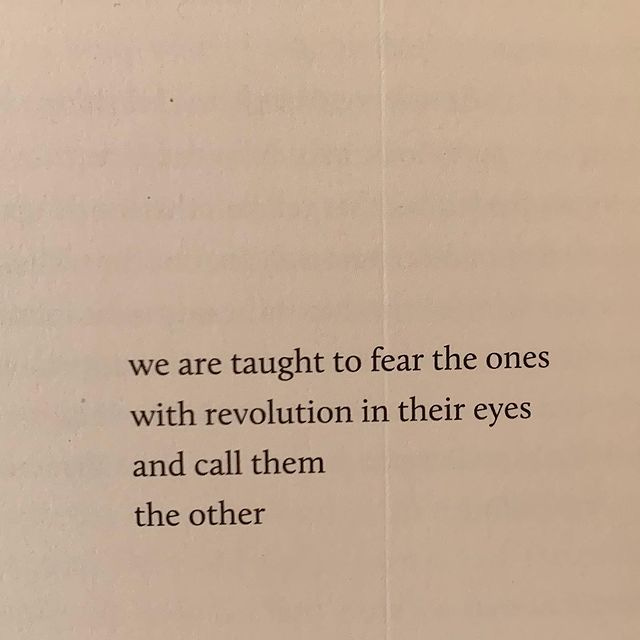Read This If You’ve Ever Considered Going Back To School For A Creative Degree
'I was incredibly lucky to get an MFA, and at the time, the structure of it saved me from what otherwise would've been a lost few years. But I feel hyper-aware that I could've gotten here without it.'
Welcome to the Collective World Careers Newsletter. Collective World is a one-of-a-kind creative network powered by the minds and voices behind The Thought & Expression Company. We’re so glad you’re here.
Today we’re talking to Annabelle Blythe, writer and author of The Unbearable Beauty—Poems And Practices For Being Alive, about the benefits of pursuing creative passions on an academic level.
Photo by Jen Squires
Give us a brief rundown of your career. Where did you start and how did you get to where you are today?
I have worked a million odd jobs and started/stopped multiple careers, but in terms of writing, it's something that's been with me my whole life. So much of my writing life has been about following impulses, creatively and otherwise, and just moving towards the doors that felt open. I never had a strategy or any kind of five-year plan, so it feels like a mix of privilege and magic that I am where I am today.
You received an MFA in Creative Writing from Otis College of Art and Design in Los Angeles. Can you tell us a little bit about your experience in grad school?
I chose my grad program partially because I wanted to be in Los Angeles—I was so inspired by that city at the time—and partially because it was a writing program embedded in an Arts school, rather than an English department. The program was split into essentially two ongoing courses—the writing colloquium class, where we read a book a week, and the workshop class, which was the real bread and butter of the program. I had to submit pages for workshop every three weeks to be read by my teachers and classmates for discussion the following week, which was a gruelling pace for me creatively. During the workshop discussion, you were not allowed to speak for the hour your work was discussed. There was no way to defend or convince. I was quickly pushed beyond my preconceived limits and had to get over my ego around writing "complete" work.
What is one thing your MFA gave you that helped you get to where you are today?
Humility and an understanding that there is the writing you think you are doing and the writing you are actually doing. There is something so important in letting the work be what it wants to be.
What were the biggest advantages of getting an MFA?
The work you are exposed to and the beauty of learning to receive feedback.
What were the biggest challenges of getting an MFA?
Trusting your own work, even as it gets annihilated.
What do you wish you knew before you started your graduate studies?
I wish I thought I knew less and was more open with myself from the beginning.
What advice would you give someone considering attending a graduate program for a creative field?
My advice would be to remember that it is not necessary to live a rich, generative creative life. There is so much inherent privilege, beyond the obvious financial and time privilege, to even attend graduate school. I was incredibly lucky to get an MFA, and at the time, the structure of it saved me from what otherwise would've been a lost few years. But I feel hyper-aware that I could've gotten here without it. If the doors aren't opening for you, expose yourself to as much creative work as possible outside of what you would normally feel drawn to. Trust that you can learn all you need from the world. Find creative community and listen to their feedback. Don't be so precious about your art. These are the best gifts an MFA can give you, so get them from the world.
For more from Annabelle, check out her work on Instagram and Shop Catalog, or check out our exclusive interview with her here.





